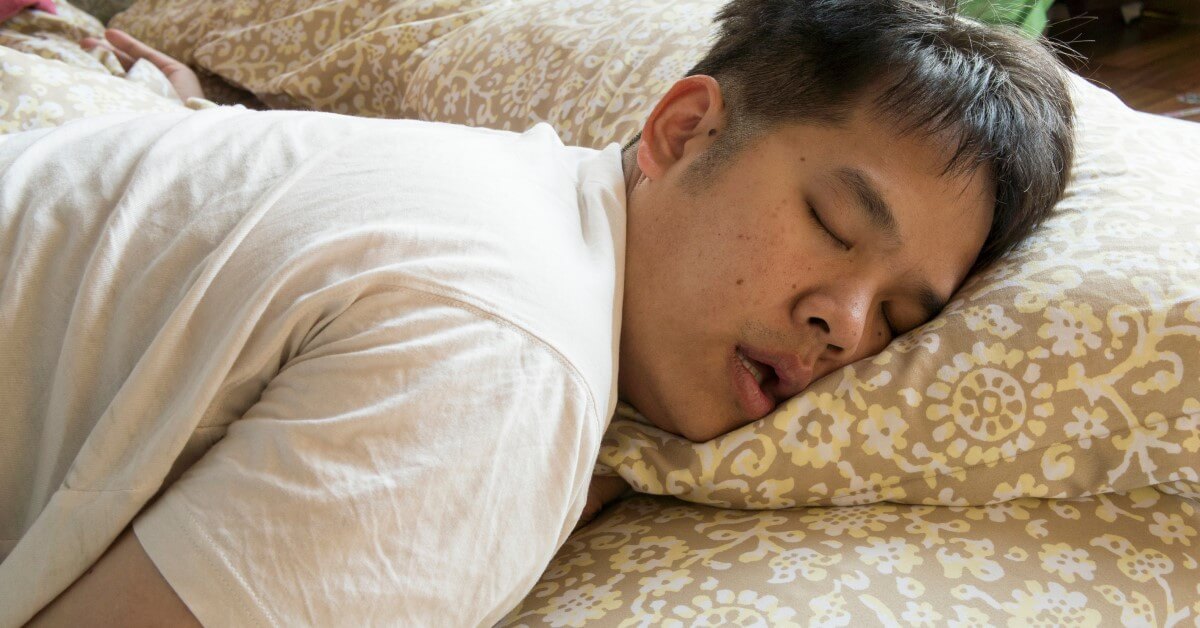Anomaly or just your normal? | How do I know what’s right for me? |
What Can I Do to Get Enough Sleep? | What’s the Conclusion?
Overview
Have you ever wondered how someone can function well on very little sleep while others struggle to function on the recommended eight hours per night or more?
The recommended eight hours of sleep necessary for proper functioning and good health are general guidelines that speak to the needs of various age groups.
People in developmental stages, such as infants, children, and teenagers, require more sleep to support growth. Older adults and seniors need less sleep as time goes on.
However, sleep is also very much an individual experience; how much rest is needed depends on factors such as circadian rhythms, physical activity levels, exposure to environmental stimuli, and overall state of health.
Anomaly or Just Your Normal?
This article will look at sleep duration for optimal function in three ways.
First, there is the intentional component. For example, competitive athletes are generally advised to get more sleep than the average person, as the recovery of physical functions is crucial.
It’s not unusual for some sportspeople to sleep for 10 hours or more – particularly after an intense competition.
Second, there are genetic factors to consider in individual sleep needs. A recent study on a family with three generations of naturally short sleepers looked for genes involved in their sleeping patterns to see if and how they could differ from the average person.
The study’s results showed a rare genetic mutation passed down through generations that caused shortened sleep cycles, necessitating much less sleep on any given night than the recommended 7-9 hours for adults[1] without any negative effects.
Conversely, while no study has uncovered a genetic influence in those who require more sleep than average, this exists outside extremes such as Long Sleeper Syndrome.
Third, there is a dynamic component where sleep duration changes with time and circumstance. As discussed before, aging will eventually bring about the need for less sleep. However, illness or injury can temporarily change how much sleep we require, as can other situations, such as a highly stressful time.
How do I know what’s right for me?
Your best gauge for how much sleep you need is you. If you feel refreshed and functional on 5-6 hours of sleep, and that is your usual sleep pattern for most, if not all, days, then that is your normal.
On the other hand, if you feel good after more than 8 or 9 hours of sleep, try your best to get that amount.
What signifies a concern is when you don’t feel refreshed or even lethargic in either scenario and experience drowsiness, low energy/mood, lack of focus, and other unpleasant symptoms. These are potential indicators that whatever amount of sleep you are getting is lacking for your needs.
What Can I Do to Get Enough Sleep?
First, if you have trouble with sleep, you have come to the right place. Outside of the many sleep topics and helpful suggestions covered on this website, one fundamentally important component of sleep must be considered.
With proper Sleep hygiene, whether you are experiencing shorter sleep duration or feel you can’t get enough sleep, ensuring some basics can often be the difference-maker. These habits include:
- Keeping the same sleep-wake schedule
- Ensuring the room you’re sleeping in is temperature-controlled
- Avoiding mental and physical stimulants, such as caffeine and late-night electronics use, can foster sufficient (and healthy) sleep
What’s the Conclusion?
Sleep recommendations are important advice from health professionals and act as guidelines and goals. However, as with other types of advice (such as water intake), there is no ‘one size fits all’ answer to what is best.
The ultimate guide is how you feel after however much sleep you usually get.
If you are satisfied – great. If not, take action. Sleep is vital to us no matter what stage of life we are in, contributing significantly to the quality and quantity of life.
References:
- Shi, G., Xing, L., Wu, D., Bhattacharyya, B. J., Jones, C. R., McMahon, T., Christin Chong, S. Y., Chen, J. A., Coppola, G., Geschwind, D., Krystal, A., Ptáček, L. J., & Fu, H. (2019). A rare mutation of β1-adrenergic receptor affects sleep/wake behaviors. Neuron, 103(6), 1044. https://doi.org/10.1016/j.neuron.2019.07.026






